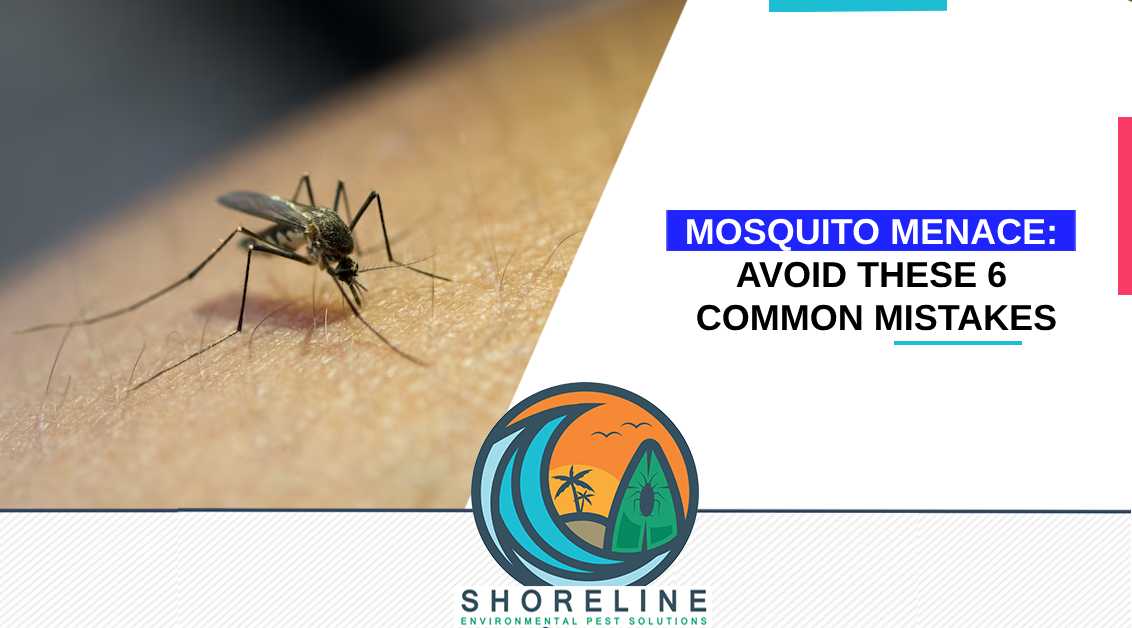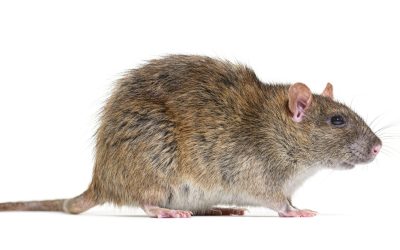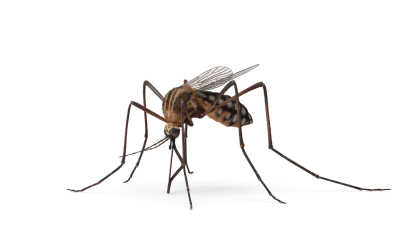Summer is here, and it’s time for outdoor fun! But those pesky mosquitoes can ruin our good times. They make us itch and can even make us sick. To stop them, we need to avoid some common mistakes. In this guide, we’ll learn about these mistakes and how to deal with mosquitoes the right way. We want you to enjoy the outdoors without worrying about mosquito bites. Let’s get started!
Why do mosquitoes bite humans?
Mosquitoes bite humans because they require blood meals to nourish their eggs. Female mosquitoes are the ones that bite, as they need the protein found in the blood to develop and lay their eggs. Male mosquitoes, on the other hand, feed on nectar and plant juices.
Ignoring Standing Water
One of the most fundamental rules in the mosquito battle is acknowledging their affinity for standing water, including floodwater. This seemingly inconspicuous liquid terrain, including anything from forgotten flowerpots to rain-filled containers, is an ideal breeding ground for these insects.
Don’t underestimate their resourcefulness – even a bottle cap filled with water can suffice for mosquito eggs to flourish. Thwart their reproductive success by diligently scanning your surroundings for potential watery habitats and eradicating them immediately. Through this seemingly simple action, you significantly disrupt their lifecycle and reduce their population around your home.
Overlooking Yard Maintenance
When keeping mosquitoes away from your home, don’t overlook the importance of yard maintenance. Overgrown bushes, tall grass, and piles of leaves provide the perfect hiding spots for these pesky insects. Regularly mowing your lawn, trimming bushes, and removing any debris can eliminate their preferred resting places and make your yard less inviting to mosquitoes.
In addition to regular maintenance, consider planting mosquito-repellent plants such as citronella, lavender, and marigolds in your garden. These plants naturally emit scents that mosquitoes find unpleasant, helping to keep them at bay.
Incorrect Use of Repellents
Repellents are like armor against mosquitoes, but misusing them can have consequences. Just spraying quickly and patting might leave spots mosquitoes like, such as ankles and wrists. To use repellents well, spread them evenly on your skin and clothes, covering everything. When it comes to your face, spray on your hands and gently rub it on your face, avoiding sensitive parts. Doing this makes a strong shield that keeps mosquitoes away and lowers the risk of getting sick from their bites.
Not Addressing Indoor Entry Points
It’s not enough to focus solely on your outdoor surroundings to protect yourself from mosquitoes. These relentless insects can find their way inside your home through small gaps and openings. Make sure to address these indoor entry points to create a mosquito-free sanctuary.
Start by inspecting your windows and doors for any cracks or holes. Seal them properly with weatherstripping or caulking to prevent mosquitoes from sneaking in. Install screens on windows and doors to add an extra layer of protection.
Don’t forget about vents and chimneys, as they can also serve as entry points for mosquitoes. Use mesh screens or door sweeps to cover these areas and prevent mosquitoes from entering your home.
Not Considering Non-DEET Solutions
While DEET-based repellents are highly effective against mosquitoes, some individuals may prefer non-DEET alternatives. There are several options available that protect without the use of DEET.
One popular alternative is lemon eucalyptus oil, as effective as DEET in repelling mosquitoes. This natural oil can be applied directly to the skin or mixed with carrier oil for a longer-lasting effect.
Another option is picaridin, a synthetic compound that mimics the properties of piperine, a natural compound found in black pepper. Picarid in-based repellents are odorless, non-greasy, and provide long-lasting protection against mosquitoes.
Consider mosquito traps or citronella candles if you want a more environmentally friendly option. These can help deter mosquitoes from your outdoor space without using chemicals.
Additionally, wearing light-colored clothing and avoiding heavily scented products can make you less attractive to mosquitoes. They are attracted to dark colors and intense fragrances, so opting for lighter colors and unscented products can help reduce your risk of being bitten.
Not Seeking Professional Help
Sometimes, even when we try really hard, we might be unable to eliminate many mosquitoes. This is when asking for help from professionals is a brilliant idea. People who know a lot about pests can look at how bad the problem is and find the best solutions. If we wait too long before asking for their help, the mosquito problem could worsen and make us even more frustrated. Getting help from experts means they can find the real reasons for the mosquitoes and fix the problem correctly. This way, we can enjoy being outside without those annoying mosquito friends always buzzing around us.
Mosquito control isn’t just a task; it’s like a careful dance with nature. Avoiding these common mistakes can make your space less attractive to mosquitoes, including those with diseases like the West Nile virus. Whether getting rid of still water, keeping your yard tidy, using repellent correctly, sealing openings, trying repellents without Deet, or getting help from pros, each step helps you live peacefully with fewer mosquitoes. With this knowledge, you can enjoy the outdoors without worrying about itchy bites or health issues caused by mosquitoes. So, step outside, take a deep breath, and enjoy your time, confident that you’ve mastered mosquito control.





0 Comments